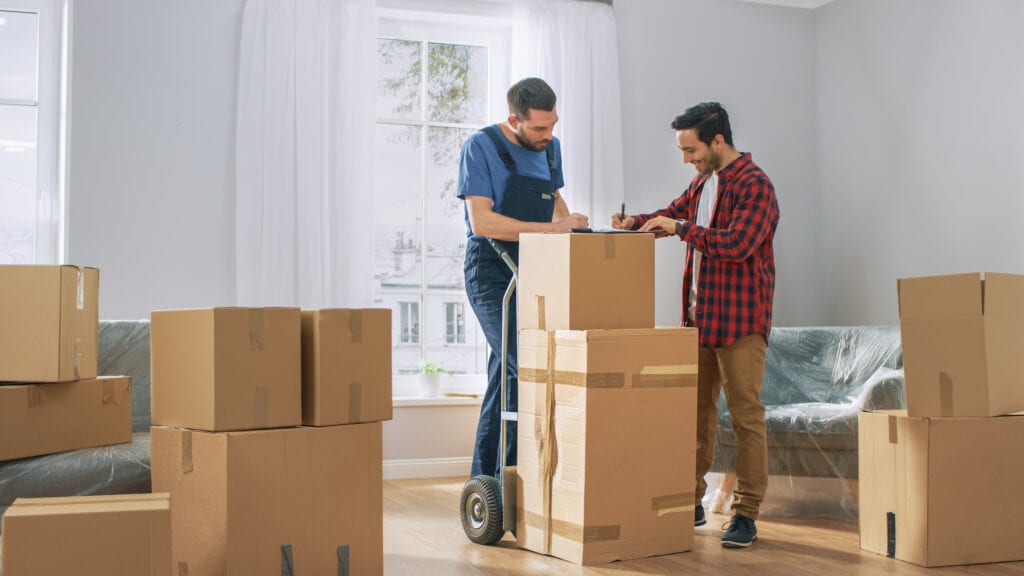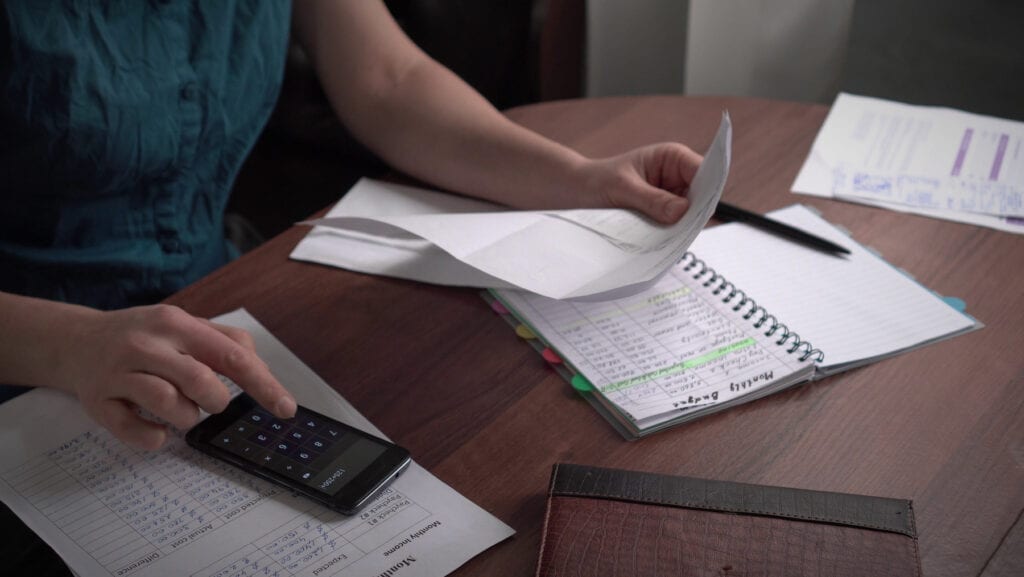It’s moving day! There are a whole lot of logistics to take care of. Of course, you want to make sure that everyone and everything stays safe. But even if you have the most skillful and experienced movers, accidents happen. So when your moving company asks if you want to purchase moving insurance before moving, here are the factors you should weigh.
What is moving insurance?
Technically, the coverage that your moving company offers you isn’t insurance — it’s liability coverage. You’ll have two options:
- Released Value Protection. This is the baseline that a moving company will include in their moving quote. In this case, you’ll receive payment for damaged goods based on their weight rather than their value. For local moves, the required rate is 30 cents per pound. For long distance moving, it’s 60 cents per pound.
- Full Value Protection. If you have valuable items or are moving a full household, Full Value Protection offers you the option to choose the liability limit for the moving company. Damaged or lost items will be reimbursed at around $6 per pound, or up to $100 per pound. The upper limit of the company’s liability for your shipment is determined by the total weight. So although it is called “full value”, it doesn’t necessarily completely cover the value of your items in the case of severe damage.
If these two types of coverage don’t seem adequate, you can opt for third party insurance. This is ideal for those who are moving high-value items like artwork or antiques, which may not be adequately covered by Full Value Protection. Third party coverage will reimburse for damage due to natural disasters (which value protection will not), insects, mold and mildew, electrical accidents, and damage during temporary storage. This insurance can also serve to bridge the gap between Full Value Protection and the actual value of your items.

Why should I purchase moving insurance?
Unless you are moving a small number of items that aren’t worth very much, moving insurance is important. Accidents happen even to the most careful movers — whether someone trips, or the truck hits a pothole, things can happen. It’s worth it to pay a small fraction of the total value of your items to be covered in case of mishap.
It’s also important to know the difference between what’s covered under Valuation Protection and what’s covered under Third Party Insurance so you can make the best decision for you:
Valuation Protection covers:
- Loss or damage to an item while under the care of the moving company.
- Items packed by the moving company.
- Up to a certain dollar limit.
Valuation Protection does not cover:
- Damage due to natural disaster.
- Items and/or boxes that the movers didn’t pack.
- Damage while items are in temporary storage.
- The full value of “extraordinary value” items.
Third party insurance covers:
- High-value items.
- Damage from natural disasters or events out of the movers’ control.
- Damage to an item while in storage.
- Items not packed by the moving company.
What is third party moving insurance?
Since moving companies are not insurance agencies, they are not allowed to sell moving insurance. They can only offer the option of upgrading to Full Release Protection or Expanded Protection coverage. If you want a greater level of protection for your belongings, you’ll need to contact an insurance agency. Sometimes the insurance policy you already carry for your home, condo, or renter’s insurance will cover some aspects of the move. The same company may also offer options for covering your move that are separate from your existing policy. So if you decide your move warrants a higher level of protection than your moving company can offer, it’s time to start shopping for a third party provider.

How can I determine the value of my items?
The first step is to make a thorough home inventory. There are a wide variety of ways to do this, but it ensures that you have a clear picture of what’s in your home and a ballpark idea of what it’s worth. If you aren’t sure what your dining set is worth, you could look on eBay to see what a similar set has sold for recently.
Take a look at the estimated weight of your shipment as determined by your moving company. This will tell you what they have assessed as your Full Value Protection cost, and you can use that as a starting point.
Take plenty of photos of your big-ticket items! Your photo album ensures that you have an idea of their condition before transport. In case of an accident, they are also proof of the items’ original condition if you need to file a claim.
A few more moving tips.
The best way to prevent moving damage-related claims is to hire reputable and professional movers! Well-trained and experienced movers know how to safely and securely transport your belongings. Check the reviews before you sign any contracts, and be sure to ask questions about insurance.
For that matter, be sure to ask any questions you have! Handing all of your worldly possessions off to a moving company is a big deal. Be sure that you have confidence in the company that you hire!








